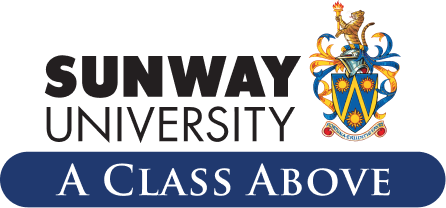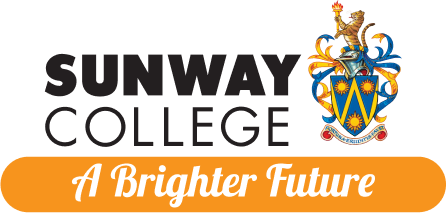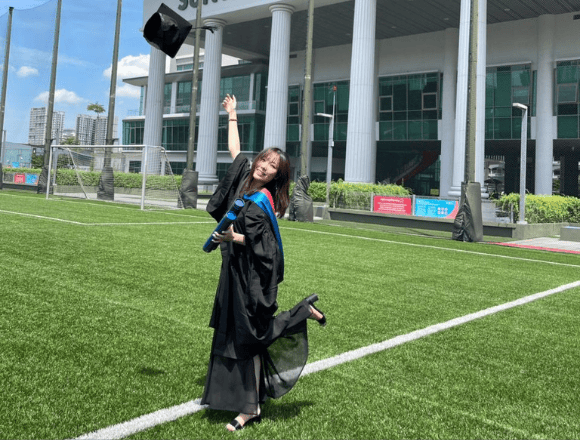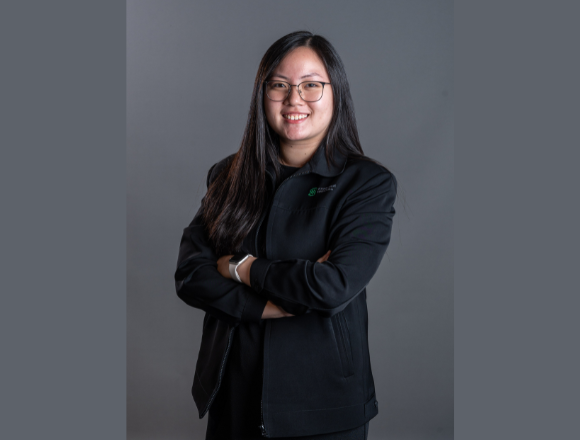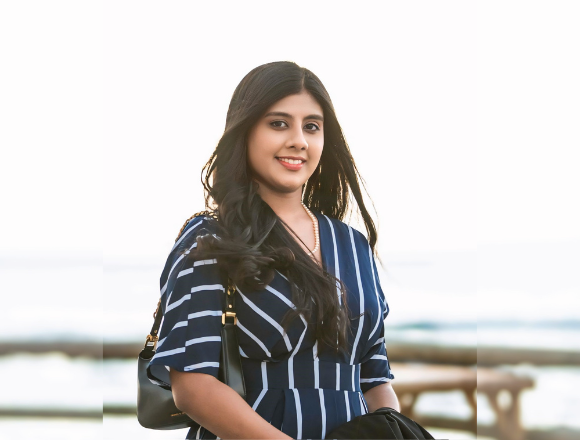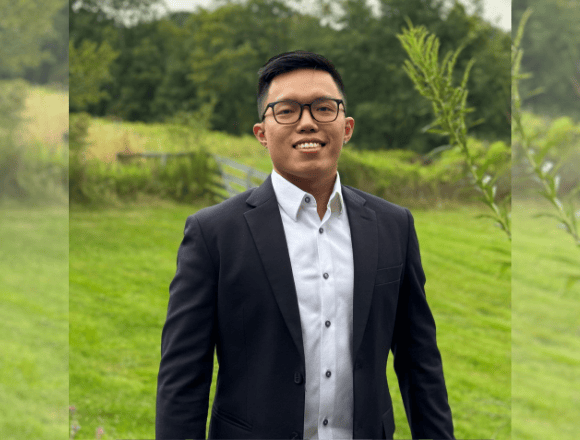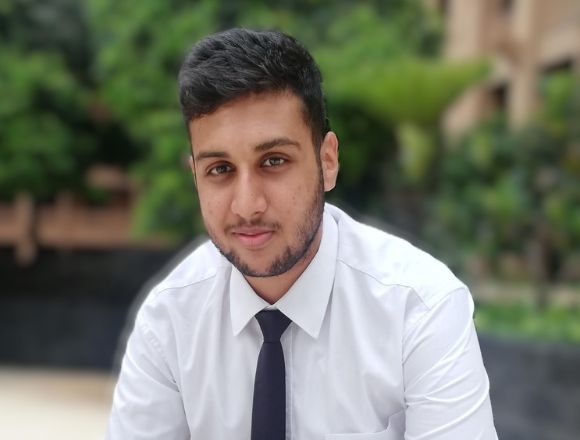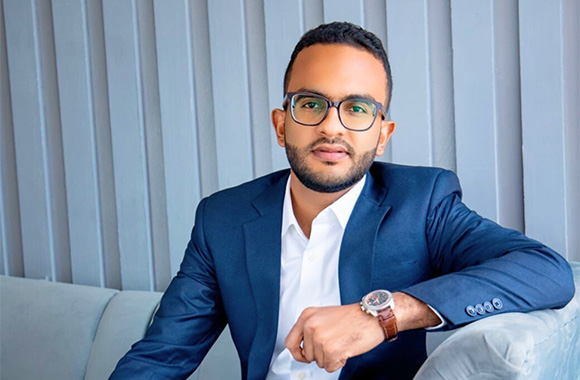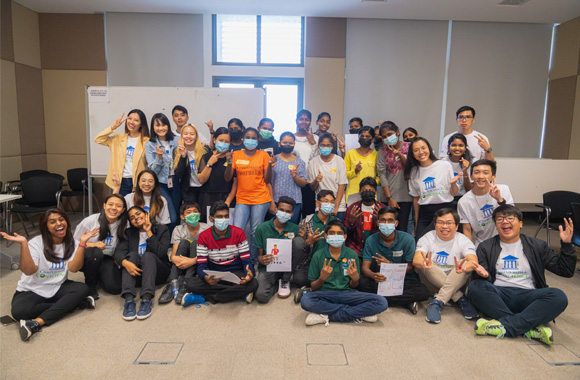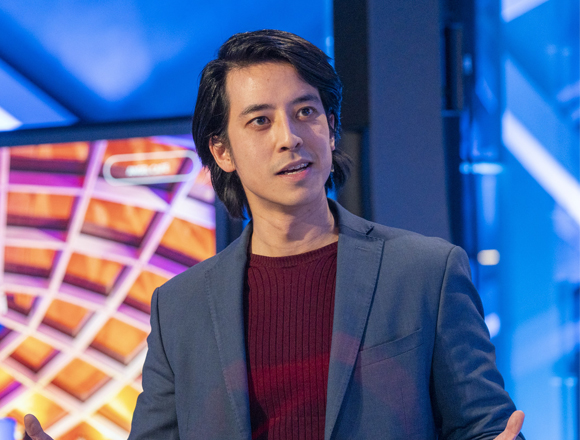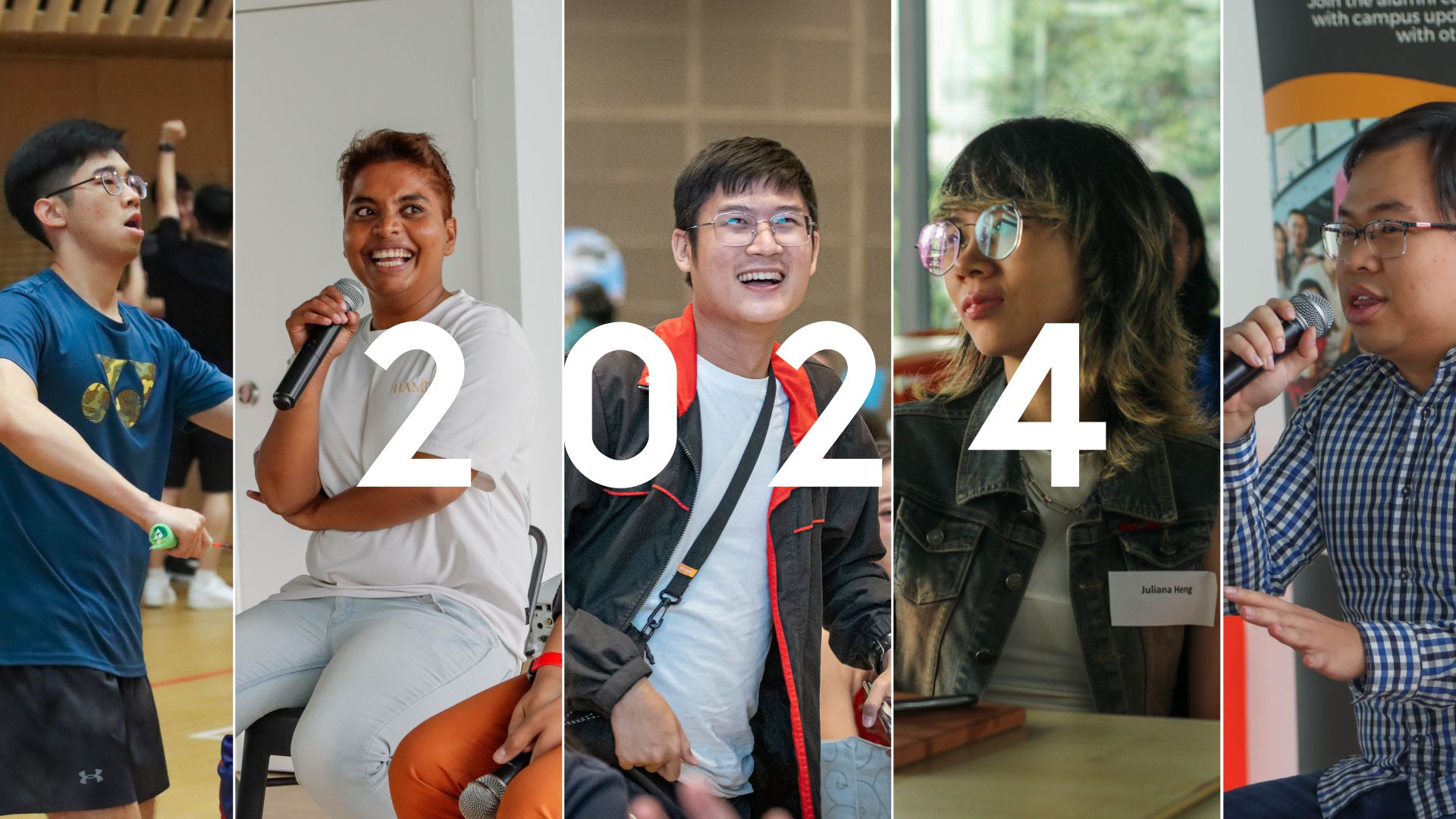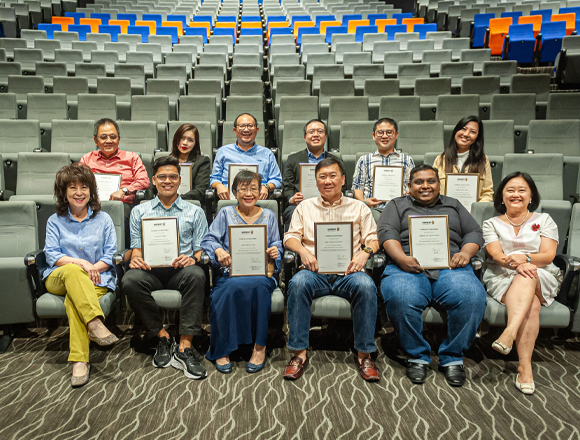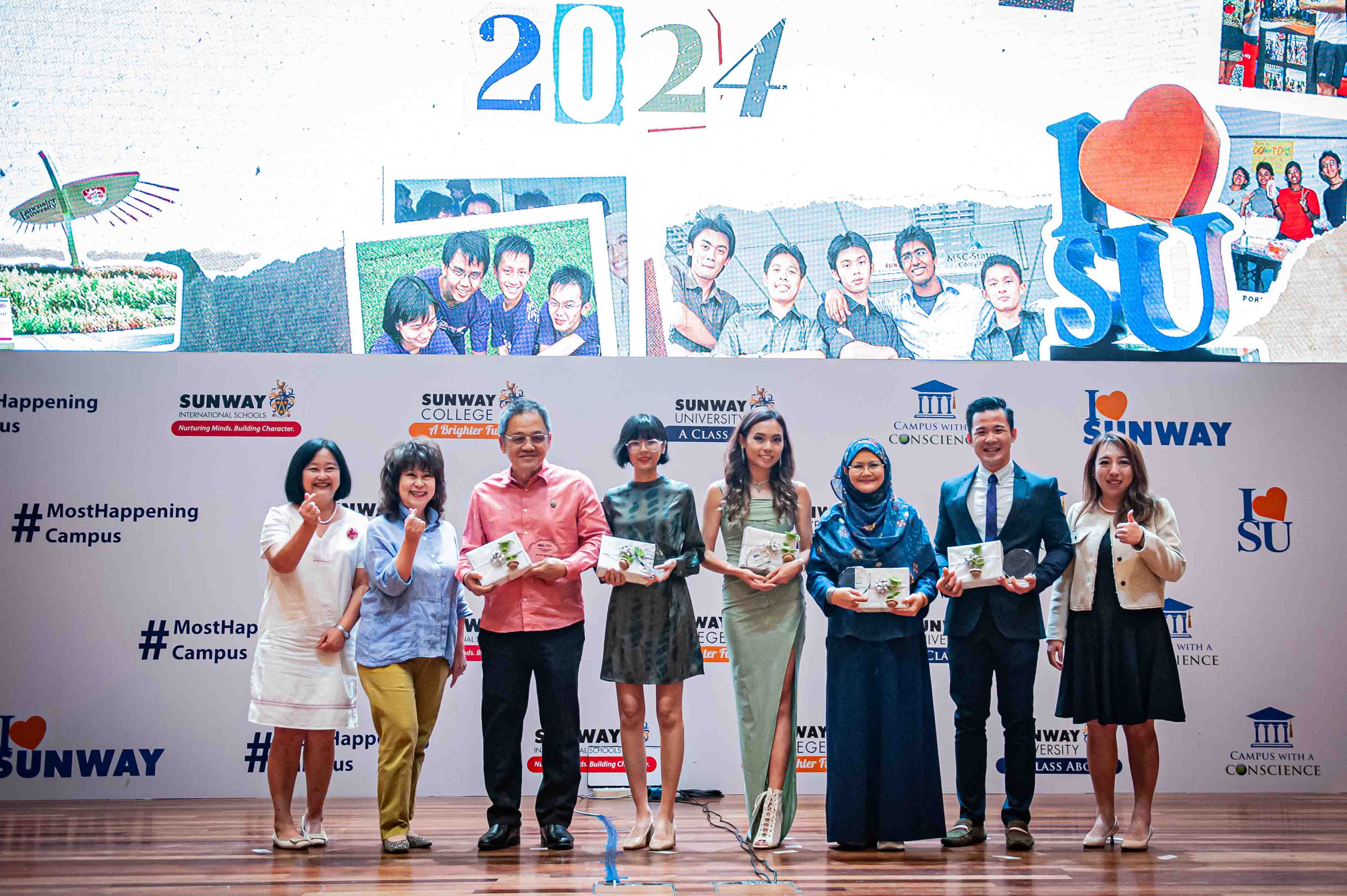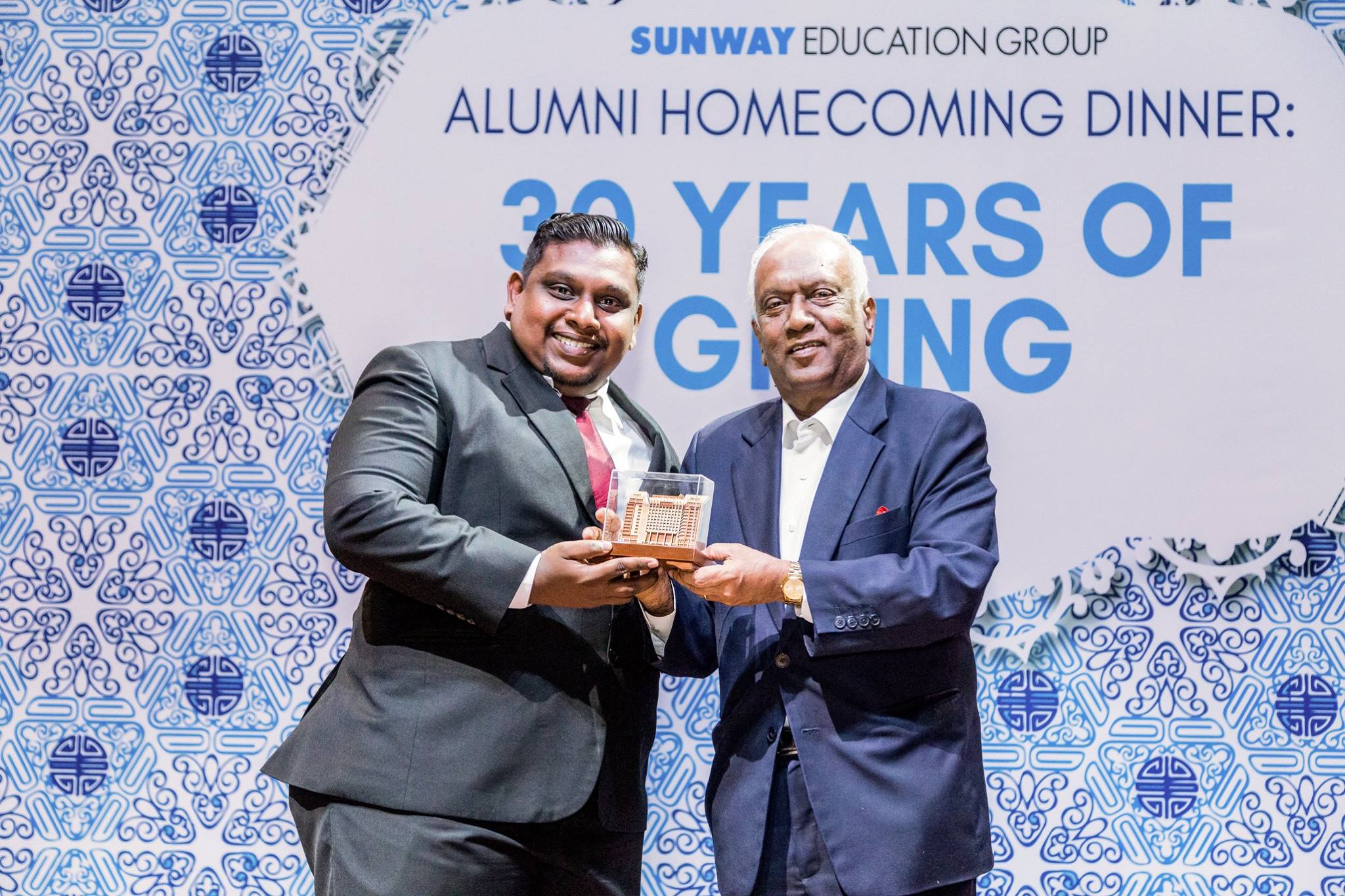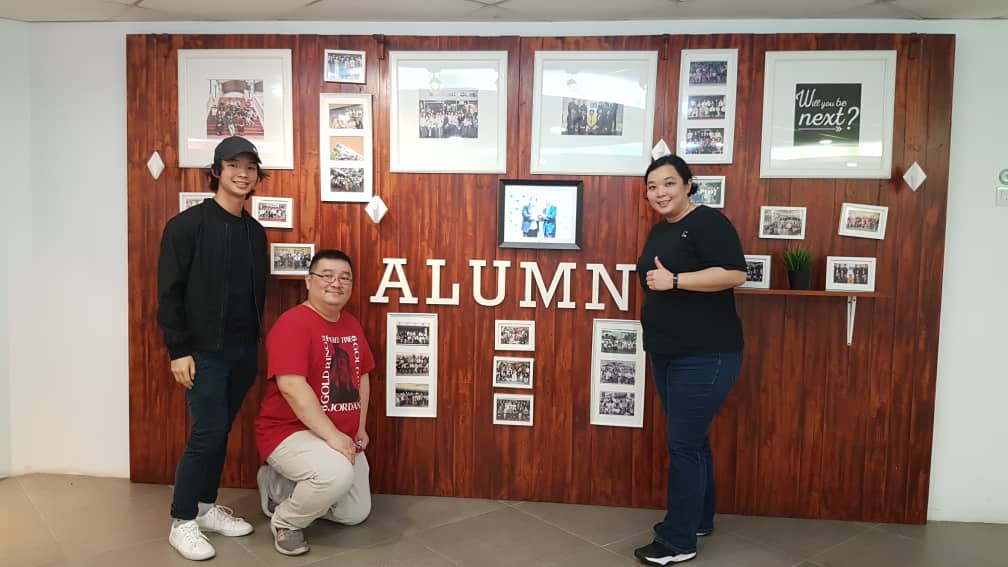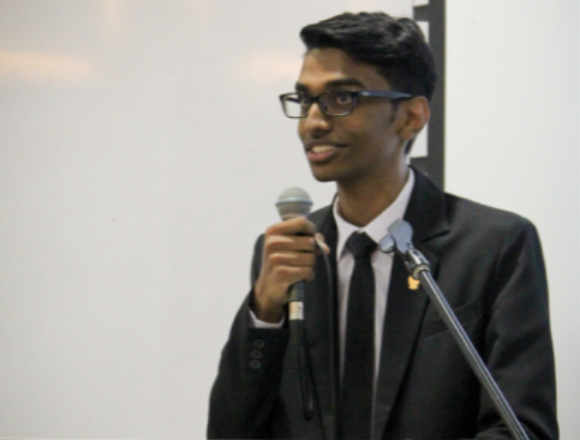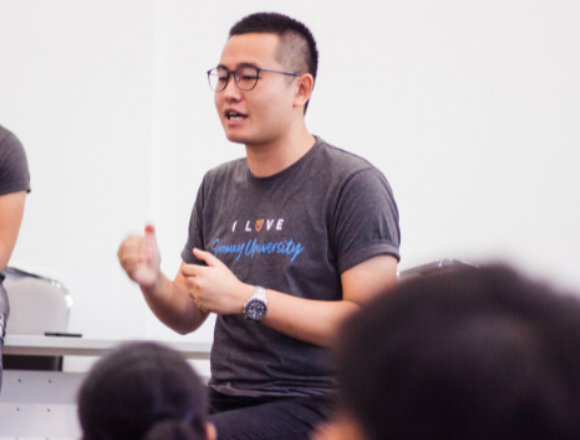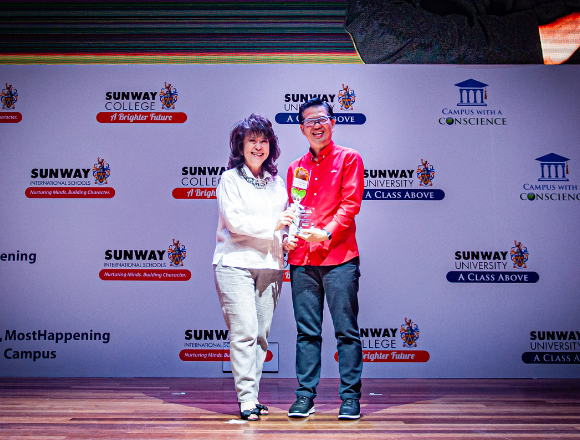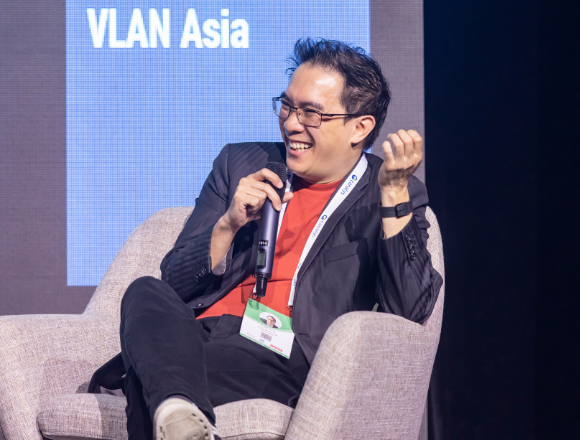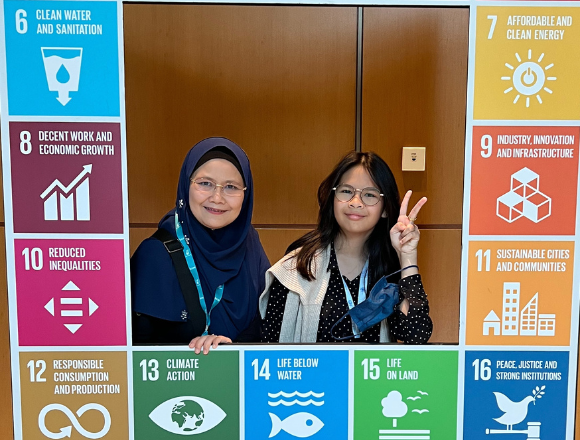My passion for sustainability began with a focus on food security and climate change. While pursuing a Bachelor of Science in Culinary Management at Sunway University in January 2020, I witnessed the onset of the COVID-19 pandemic, which led to severe food shortages affecting thousands of foreign students. It directed my academic and professional focus towards sustainable development and food waste management. My education at Sunway University provided a strong foundation in these areas, combining theoretical knowledge with practical skills through hands-on projects and research. In response, my friend Idris Hoppie and I initiated a project that provided essential aid to over 7,000 students from 59 countries and workers from 7 nations in Malaysia. This effort, supported by local organisations such as the Sunway International Office, Hilton KL, and various NGOs, highlighted the critical need for sustainable solutions and deepened my commitment to addressing food insecurity.
My interests specifically lie in sustainable agriculture and food waste management, which are crucial for addressing food security and environmental health issues. By implementing sustainable practices like enhancing soil fertility and improving crop productivity, we can combat food shortages and reduce environmental degradation.
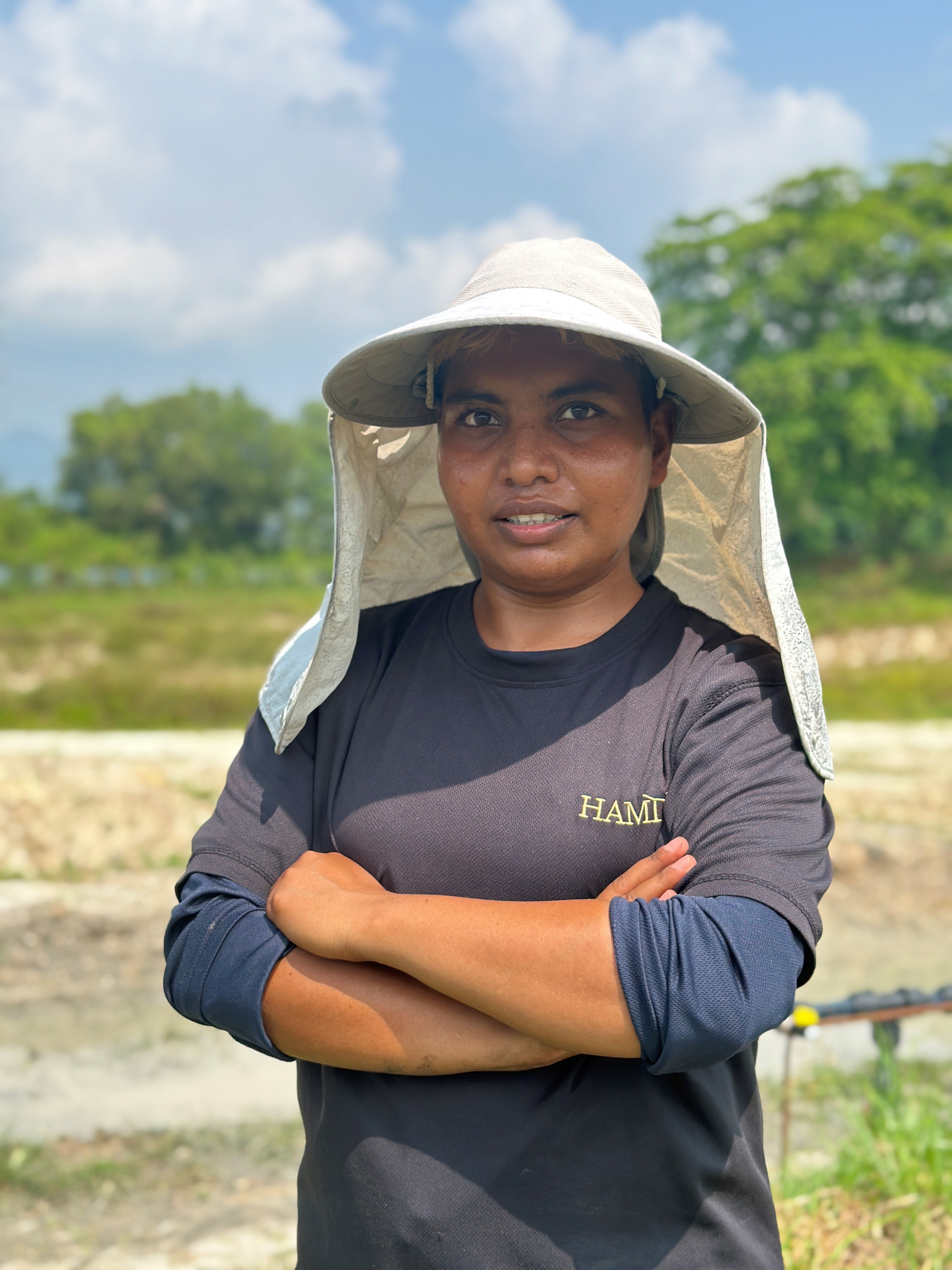
In my current roles as a Sustainable Officer, Farm Manager, and researcher, I implement sustainable agricultural practices. My responsibilities include overseeing soil fertility improvements, developing organic planting techniques, managing waste reduction initiatives, and conducting research on food waste utilisation to promote agricultural sustainability.
Working in the sustainability sector is highly rewarding because of the tangible positive impact on the environment and communities. However, a significant challenge is overcoming resistance to adopting new, sustainable practices within traditional agricultural methods. To address this, I demonstrate the benefits through pilot projects and provide education and support to encourage the adoption of sustainable practices.
Throughout my time working in this sector, the sustainability landscape has evolved with a growing emphasis on integrated approaches that address environmental, social, and economic factors. One project that stands out in my career is the initiative that supported over 7,000 students and workers during the pandemic. It provided critical relief and demonstrated the power of collaboration and the impact of sustainable practices.
To keep myself on top of the game in this sector, a few key skills are needed. These key skills for a successful career in sustainability include problem-solving, project management, and effective communication. A solid understanding of sustainability principles, data analysis, and the ability to collaborate with diverse stakeholders are also essential.
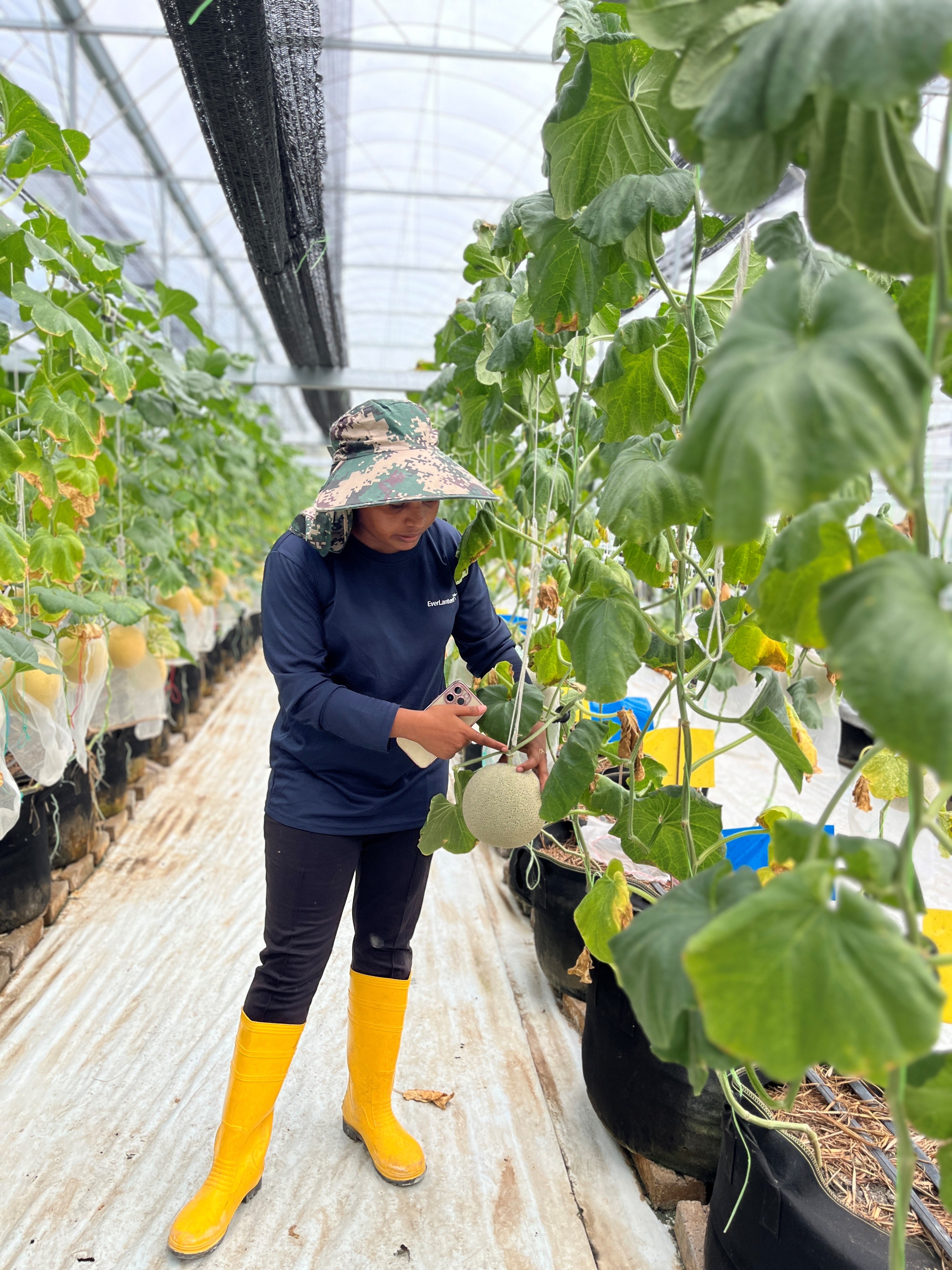
To measure the impact of my work, I look at various metrics, such as improvements in soil health, increases in crop yields, and reductions in food waste. The social impact is assessed by evaluating the benefits to local communities and the effectiveness of educational and outreach efforts.
I am also excited by advancements in circular economy practices and technologies that enhance food waste recycling and resource efficiency. The most pressing sustainability issues today include climate change, food security, and resource depletion, which require integrated approaches.
Looking ahead, sustainability will become increasingly integrated into all sectors of business and daily life. We can expect further innovations in technology and policy, cross-sector collaboration, and a focus on measurable outcomes and long-term impacts.
For those aspiring to work in sustainability, I recommend gaining practical experience through internships or volunteer opportunities, staying informed about current trends, and developing strong skills in project management and communication. Networking with professionals and seeking mentors can provide valuable guidance and support.
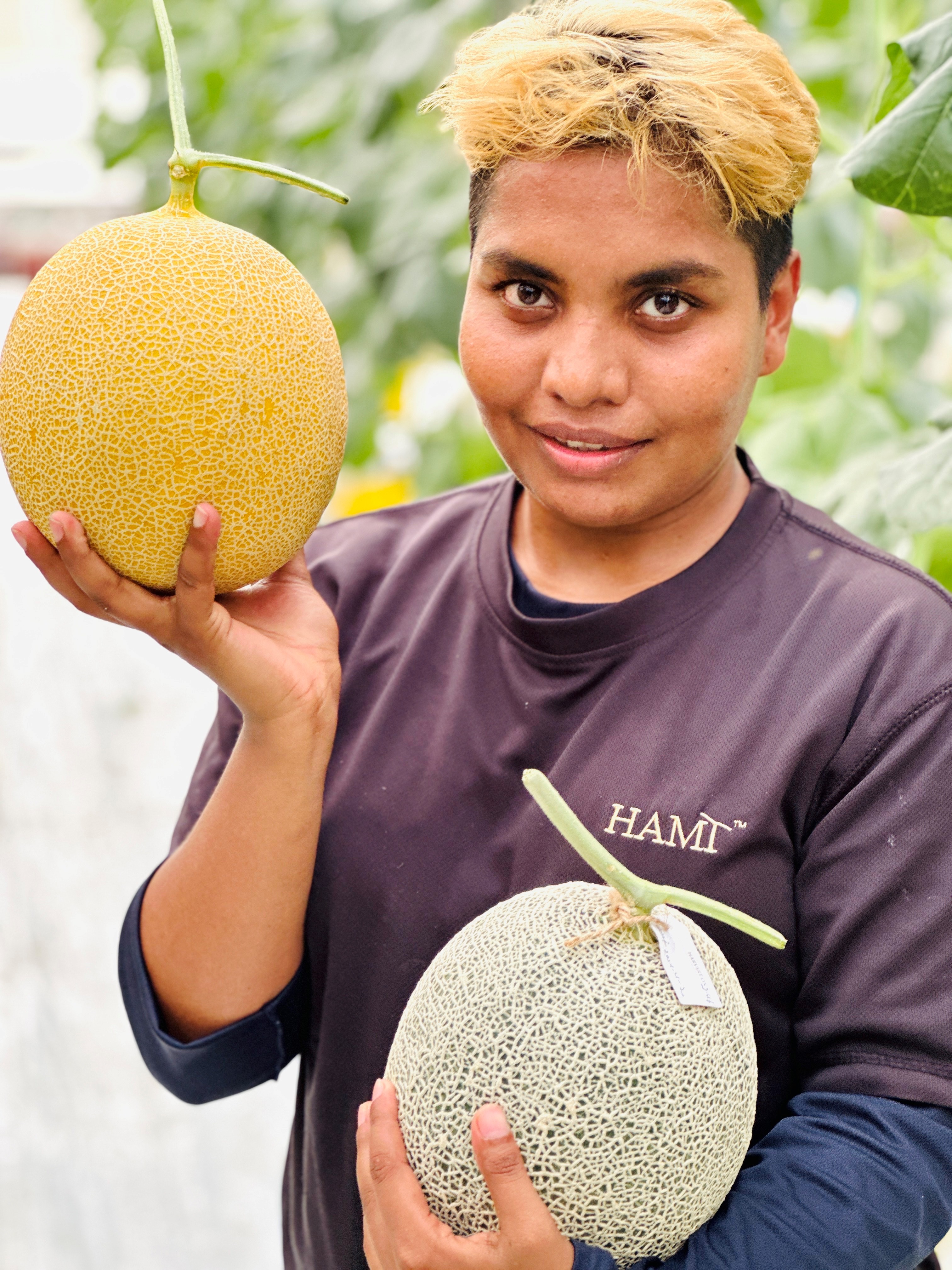
The United Nations World Food Programme (WFP) has been a major inspiration for me, teaching the importance of effective food distribution and strategic partnerships. I stay motivated by focusing on positive outcomes, celebrating small achievements, and maintaining a supportive network of colleagues and mentors.
My journey has been shaped by influential resources, including my Master’s in Sustainable Development Management from Sunway University and my current PhD research on food waste utilisation for enhancing soil fertility and crop productivity in Asian agriculture. To lead a sustainable lifestyle, I reduce waste, recycle, make conscious consumption choices, and support sustainable and ethical businesses.
If I could implement one major change to advance sustainability, it would be a global initiative to integrate sustainability into all aspects of education and business. By embedding sustainability principles into curricula and corporate strategies, we can foster a generation of leaders and innovators dedicated to creating a more sustainable world.

